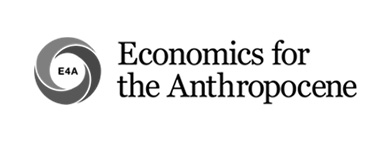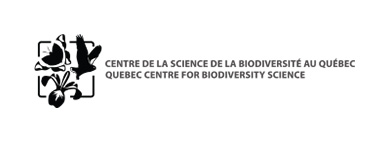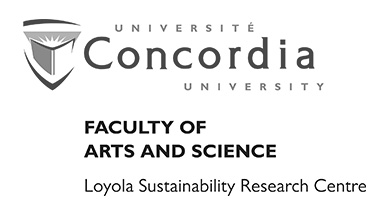Presentation instructions
Conference Themes
Biophysical Limits
One of the main objectives of ecological economics is to re-center economies within the ecological limits of the Earth. This conference invites you to discuss the state of these limits, the capacity of our planet to support our economic activities, and the ecological challenges specific to the Anthropocene. The subjects suggested for this theme are: the study of planetary boundaries, the study of socio-ecological metabolism, material flow analysis, case studies on the effects of anthropogenic activities, and on multiple scales, among others. The objective of this theme is to better understand the ecological challenges of the Anthropocene.
Equity, Social Justice and the Commons
Our second theme will be devoted to identifying the social challenges and crises that are deeply linked with the ecological challenges of the Anthropocene. Suggested topics include the effects of economic inequality, the study of socio-ecological conflicts, environmental racism and climate injustice, neo-colonialism and the impacts of extractivism on Indigenous peoples and other marginalized communities, among others. We want to explore the relationship between ecological and social crises to identify the structural causes that characterize them.
Alternative Movements and Discourses
Thirdly, this conference aims to present the movements, visions and discourses that help us imagine the alternative and sustainable future. We invite participants to share case studies on existing alternatives in Canada and around the world. We also want to look at the innovative visions of a just and environmentally sustainable future. Moreover, this theme allows us to question how different epistemology and knowledge offer different approaches, observations and directions on the type of socio-ecological relationships we want. Finally, we invite you to reflect on the role of ecological economists (and the discipline) in redefining relationships between people and the environment.
Finance, Markets and Ecological Macroeconomics
In its aim to re-embed the global socio-economic system within its biophysical boundaries, the field of ecological economics has yet to develop a common vision of the critical role played by money and finance. Massive and potentially atypical investments are needed for the transition. At the same time, the financial sector’s inherent tendency to emancipate itself from economic, social and environmental dimensions, is increasing systemic fragility. These challenges are addressed through various and often divergent perspectives, from the evolution of financial regulation and monetary and fiscal policies to a revolution in the very nature of money. While a common ground is yet to be found, the current crises call for an urgent transformation of our relationship with money, finance and debt as we enter an age of rampant uncertainty and weak substitutability.
Pathways to Change: Tools and Strategies
Finally, the conference will also be devoted to mapping our proposals on how to create change. How, in practice, can we emerge from the socio-ecological crises we are going through and how can we imagine the economic revolution we need? Suggested topics for this session are: theories of change, socio-ecological transformations, critical transformation studies, transition management, engagement with social movements, among others. We still have a long way to go. We invite conference participants to think collectively about our role as academics in a process of transformation: do we want to become agents of change? If so, how can we be more strategic in our work and collaborations to maximize our impact.

GUIDELINES FOR PRESENTERS
Oral Presentations
Even though we are aware that no research can be described in much detail in a short period of time, in order to enable audience participation, presentations will be strictly limited to 12 minutes, followed by a 5 minute discussion. A 12-minute presentation may only be sufficient for raising attention to a particular research or address a few points where the authors are awaiting some feedback from the audience.
Speed talks
Speed talks are a novel and efficient format for presenting at a conference. At the conference, each speed talk speaker will be given a maximum of 4 minutes. Speed talks can be supported by a very small number of slides (5-7 slides maximum) and should highlight important points of the research project such as its objectives, key findings, and one summary figure. Presentation of methodology and context should be kept minimal.
Poster Presentations
The main goal of the poster presentations is to gain maximum benefit from the scientific work and to create a lively interaction between poster authors and interested conference participants. All poster authors need to bring a hardcopy poster to the conference on the opening day to the registration desk (October 19th). Size of poster must not exceed 42 inches wide and 48 inches high. Poster presentations will be organized during the Poster Sessions on Saturday, October 21 (16h30 -17h 30).
Submit an abstract
The call for abstracts is now closed.
Submissions for special sessions are no longer accepted.
We invite you to subscribe to our newsletter to receive all the updates concerning the registration process, the program and to plan your visit.
Questions ?
For questions or comments about the process, please contact us at:






